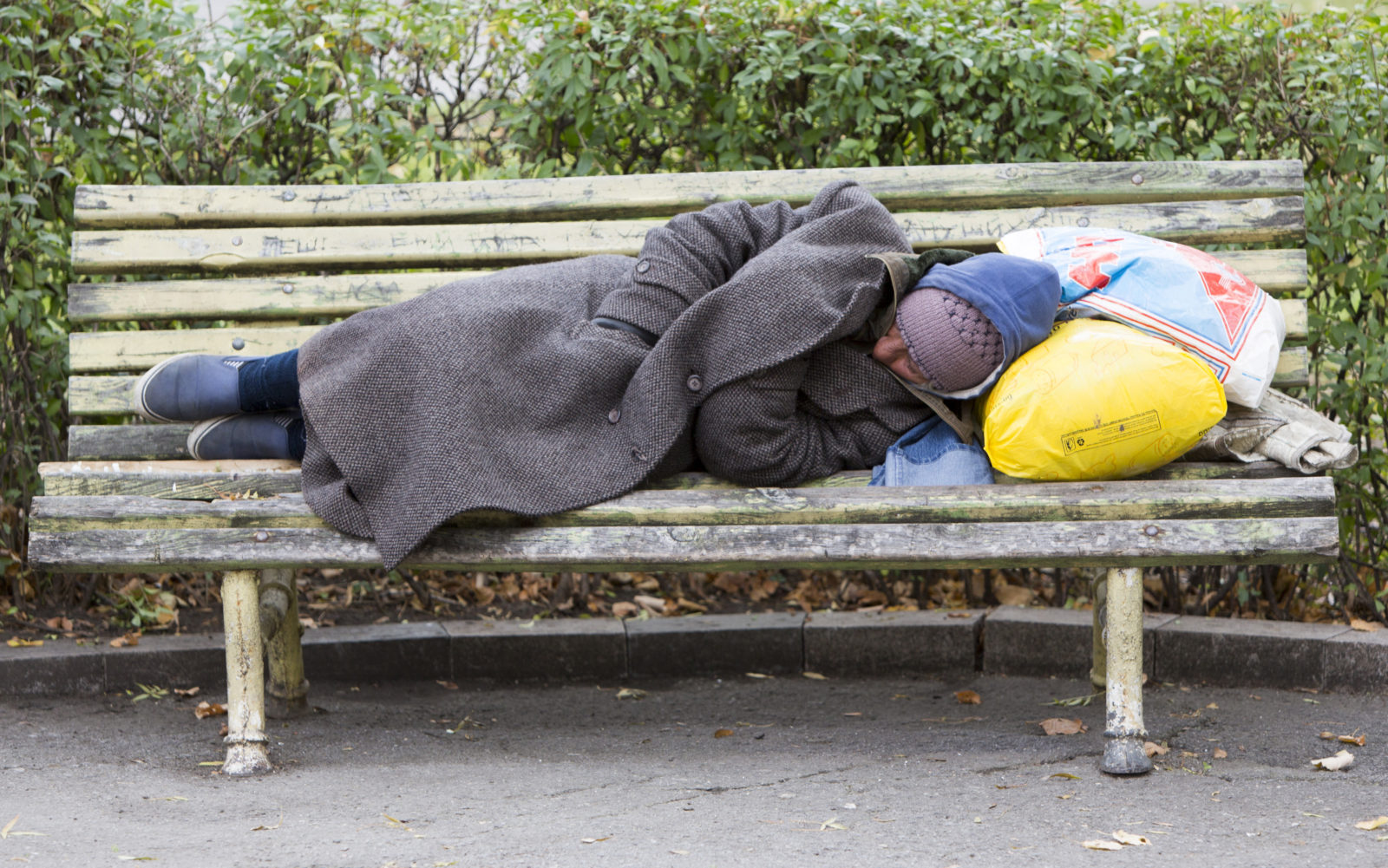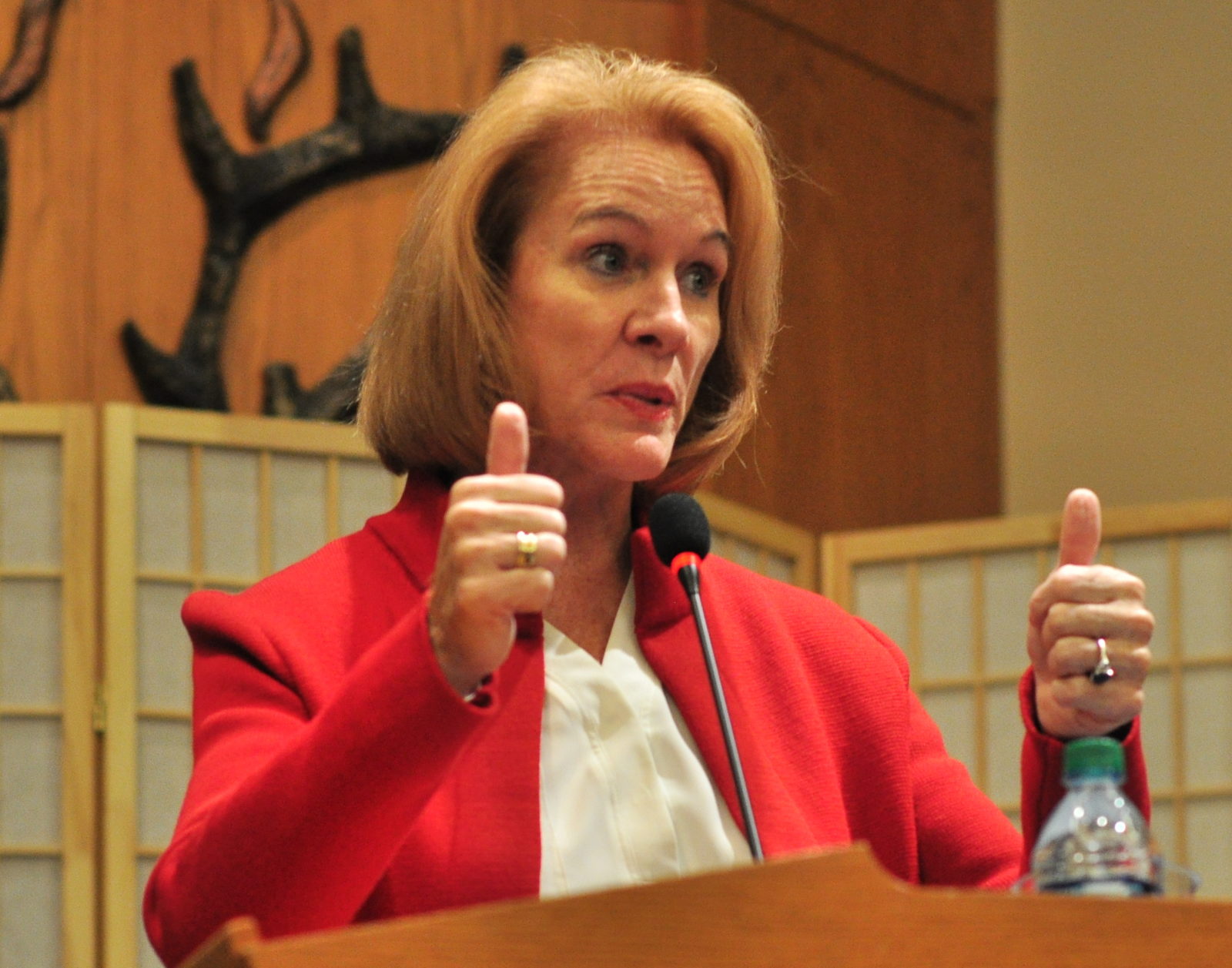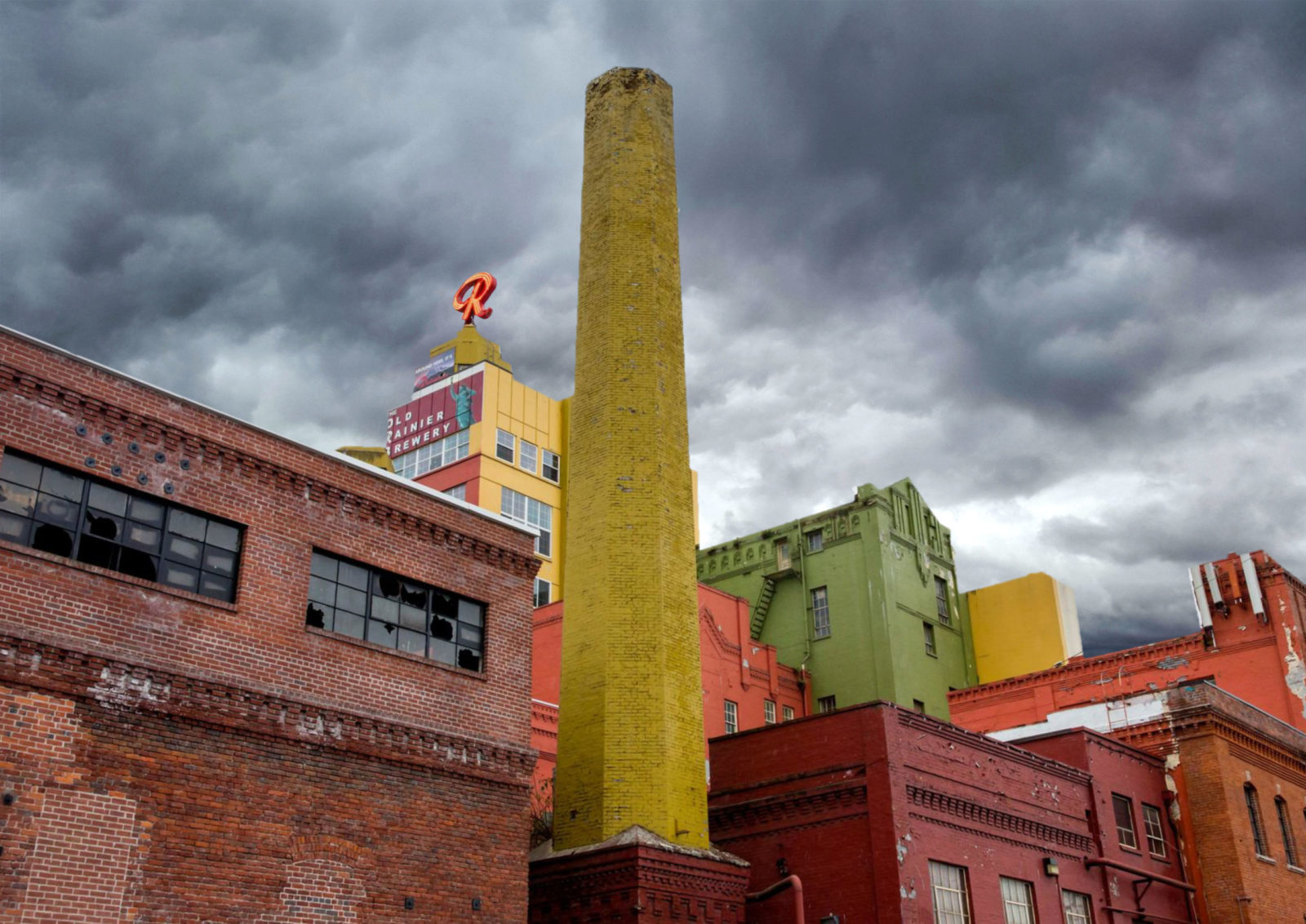


Seattle’s Revolt of the Elites
In Seattle, people are losing patience with city leadership over the homelessness crisis, but the frustration is running in both directions: the city’s political, cultural, and academic elites are conducting their own revolt — against the people.
Since the release of Eric Johnson’s documentary Seattle Is Dying, which depicts an epidemic of street homelessness, addiction, crime, and disorder, city elites have launched a coordinated information campaign targeted at voters frustrated with the city’s response to homelessness. Earlier this month, leaked documents revealed that a group of prominent nonprofits — the Bill & Melinda Gates Foundation, the Campion Advocacy Fund, the Raikes Foundation, and the Ballmer Group — hired a PR firm, Pyramid Communications, to conduct polling, create messaging, and disseminate the resulting content through a network of silent partners in academia, the press, government, and the nonprofit sector. The campaign, #SeattleForAll, is a case study in what writer James Lindsay calls “idea laundering” — creating misinformation and legitimizing it as objective truth through repetition in sympathetic media.
Read More ›
A Brewing Rebellion in the Emerald City

When “Compassion” is Contempt

The Politics of Ruinous Compassion
Seattle Needs Grace
This article, published by National Review, contains an interview with Discovery Institute Senior Fellow David Klinghoffer: David Klinghoffer is worried about the atmosphere of secularism that rains down like nuclear fallout, spreading contamination and offers the Ten Commandments as a desperately needed diagnostic tool to combat it. The rest of the article can be found here.